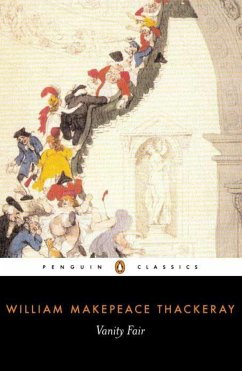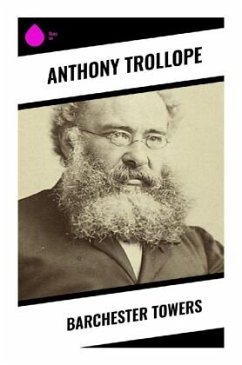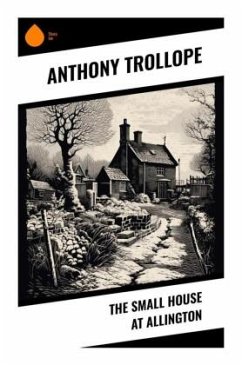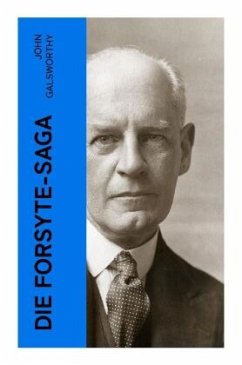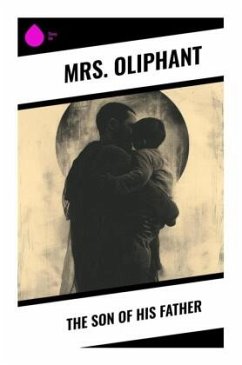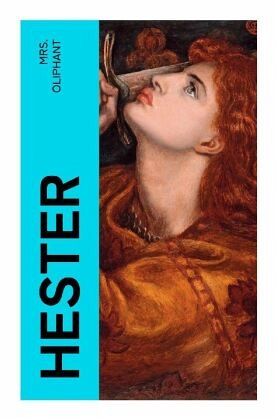
Hester
Versandkostenfrei!
Versandfertig in 6-10 Tagen
16,80 €
inkl. MwSt.

PAYBACK Punkte
0 °P sammeln!
In "Hester," Mrs. Oliphant presents a richly woven narrative that explores the intricate dynamics of identity, societal expectations, and emotional resilience in Victorian society. The novel follows its eponymous protagonist, Hester, as she grapples with personal loss and the constraints imposed upon her by a rigid social structure. Oliphant's literary style deftly combines realism with nuanced psychological insight, allowing readers to intimately understand Hester's conflicts and motivations. Set against the backdrop of 19th-century Britain, the novel critiques the moral fabric of its time wh...
In "Hester," Mrs. Oliphant presents a richly woven narrative that explores the intricate dynamics of identity, societal expectations, and emotional resilience in Victorian society. The novel follows its eponymous protagonist, Hester, as she grapples with personal loss and the constraints imposed upon her by a rigid social structure. Oliphant's literary style deftly combines realism with nuanced psychological insight, allowing readers to intimately understand Hester's conflicts and motivations. Set against the backdrop of 19th-century Britain, the novel critiques the moral fabric of its time while highlighting the often-overlooked experiences of women grappling with their roles within it. Mrs. Oliphant was an influential Scottish novelist and biographer, well-regarded for her keen observations on the social issues of her day. Her own experiences of loss, having faced the deaths of her husband and children, inform the depth of emotion found in Hester's journey. Oliphant's background as a prolific writer in both fiction and criticism positions her to address themes of womanhood and agency authentically, reflecting her profound understanding of the struggles faced by women in her time. Readers seeking a profound exploration of personal and societal tensions will find "Hester" a compelling and thought-provoking read. Mrs. Oliphant's skillful narrative invites reflection on the enduring challenges of self-identity and societal expectations, making this novel not just a story of one woman's life, but a timeless commentary on the human condition.





